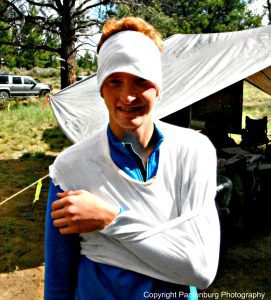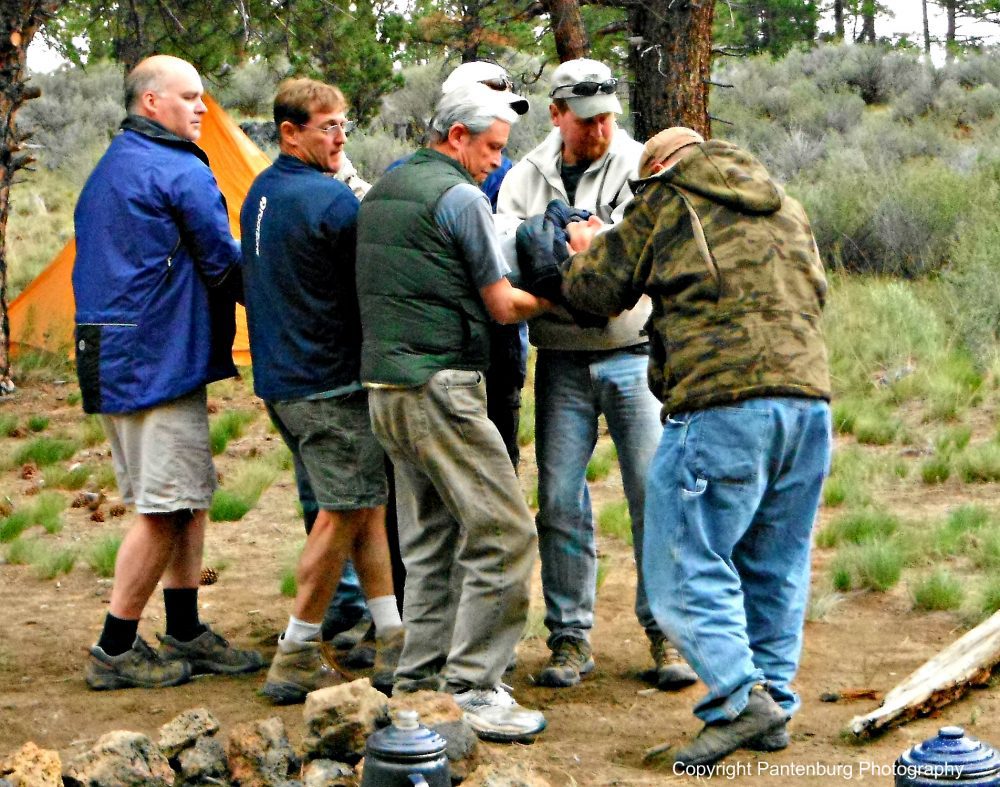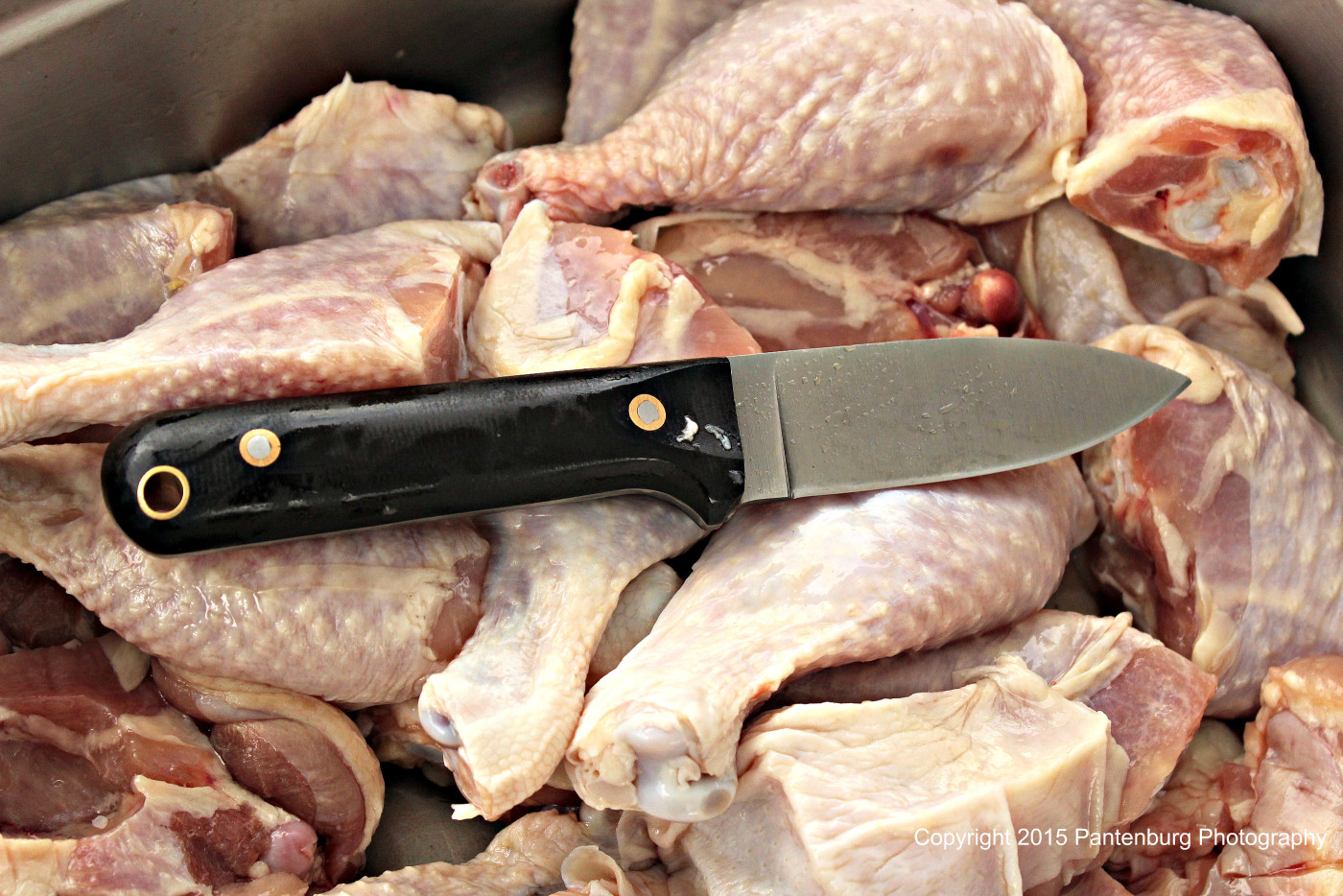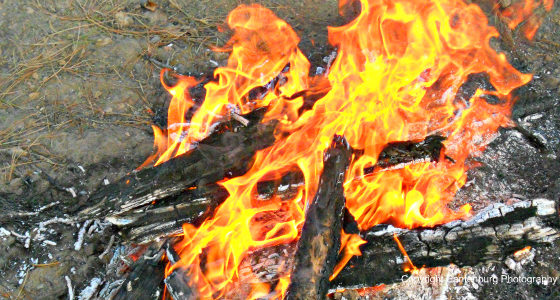What happens during a medical emergency when dialing 911 is not an option? What is your next move?
by Leon Pantenburg
Most first aid and medical manuals will tell you to seek a medical clinic or hospital as quickly as possible when an emergency occurs. It’s sound advice.
But what happens when 911 isn’t an option? Maybe there has been a major earthquake, tsunami or natural disaster, and the roads are out, and Life Flight helicopters are grounded. The cavalry isn’t coming.
This is when reality hits with a resounding thump, and you realize the only person available to deal with the medical emergency is you. And you will have to rely on whatever training you had.
This is the concept behind “The Survival Medicine Handbook,” Third Edition, revised and expanded by Joseph Alton, MD and Amy Alton ARNP.
Better known as Doctor Bones and Nurse Amy, the duo is widely known in the preparedness industry as the go-to couple for all things medical. Their stated goal is: “To put a medically prepared person in every family for any disaster.”
First aid manuals are a dime a dozen, and come in all shapes, configurations and sizes. There is a plethora of information about taking care of injuries on the trail. But most of the ones I’ve seen, including those designed for Third World areas, always end up recommending the readers to seek modern medical help.
That’s where this manual is different. What happens if a disaster overwhelms emergency responders? Or if a catastrophe, such as a flood or earthquake, prevents entrance into an area?
The Survival Medicine Handbook is based on the assumption that outside help won’t be available.
Read it from that standpoint.
I found the book to be a wealth of information and a treasure trove of simple tips for improvising. The reader will learn such tips as:

Improvisation may be key in dealing with a medical emergency.
Improvise butterfly and wound closure bandages – from duct tape. I knew how to use butterfly bandages from a first aid class I took. I carry duct tape in every emergency kit I have, and tried this technique as soon as I read about it. The concept works really well.
Make a water filter out of a plastic soft drink bottle.
Items to include in a survival dental kit.
How to handle a mass casualty event when medical personnel are overwhelmed.
Essential oils and herbal teas: In a long term survival scenario, nature may be your only pharmacy. It is imperative to learn the medical benefits of plants that may grow in your garden. A whole section is devoted to identifying and discussing some of these plants.
Allergic to bee and/or wasp stings? You probably won’t know until one stings you. Learn how to identify and treat anaphylactic shock.
Q: So how would this book fit into your preparedness planning?
A: By starting you thinking about survival scenarios where there is no outside help.
Dr. John Leach wrote in his groundbreaking “Survival Psychology” book, that in any emergency, 80 percent of the people present won’t have any idea what to do, 10 to 15 percent will do the wrong thing, and 10 to 15 percent will act appropriately. This small group will react, based on what training they have had.
You want to be in the group which is in the know. A good place to start is by reading this book. It is full of practical, sound advice on how to handle many basic medical emergencies.
But no book is a substitute for a first aid class. The best investment in your family’s well-being is to have several members trained in basic first aid. One is not enough. The trained person might be the one needing help.
The next investment should be in some medical books – not downloads – that can be used as reference materials when the electricity goes down and the batteries run out.
I review a lot of preparedness books, and my wife often peruses them, too. After the publication has been read and reviewed, it is generally donated to the local library.
But, at my wife’s suggestion, we’re keeping “The Survival Medical Handbook, Third edition,” and it will go into our survival/preparedness library. We’ll be ordering another as a gift to friends who live part-time on an isolated ranch in the Oregon high desert.
That’s the highest recommendation I can give a book. Get one.
Please click here to check out and subscribe to the SurvivalCommonSense.com YouTube channel, and here to subscribe to our weekly email update – thanks!





Leave a Reply